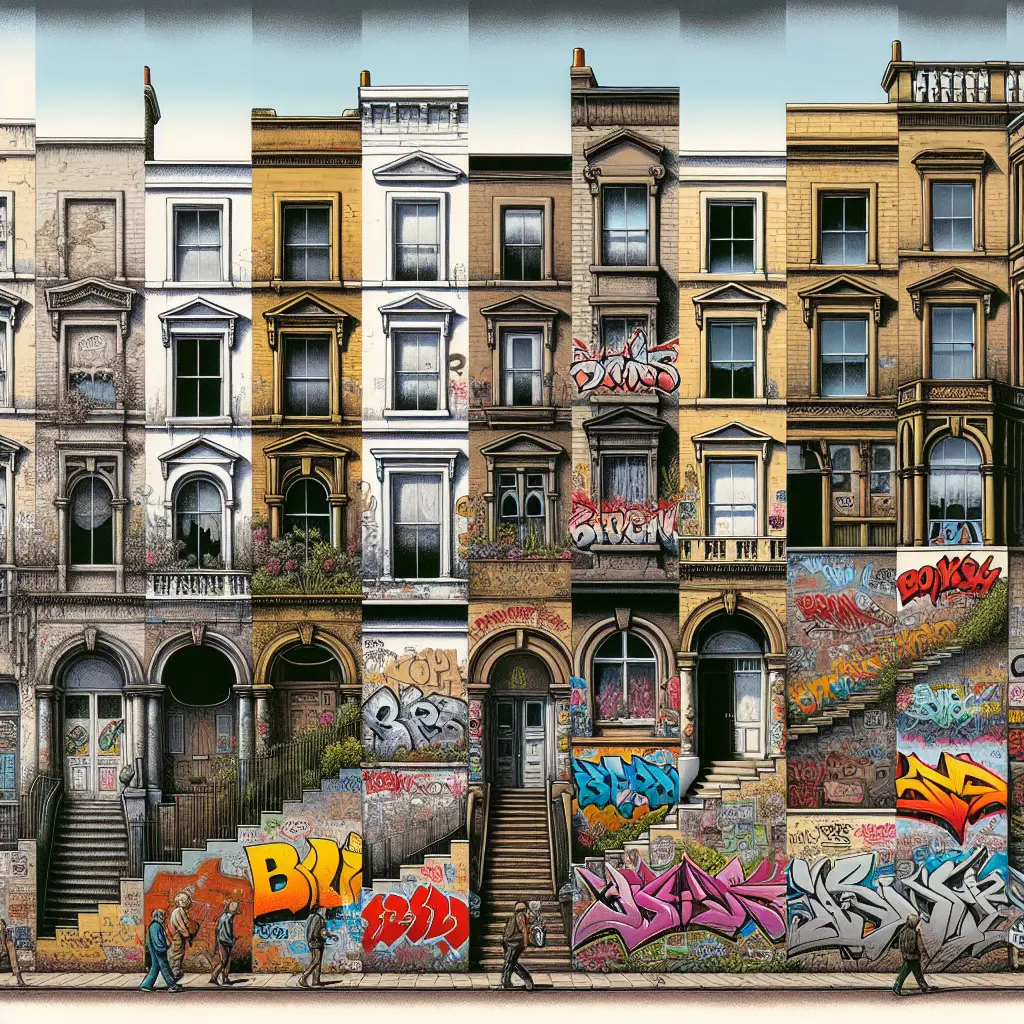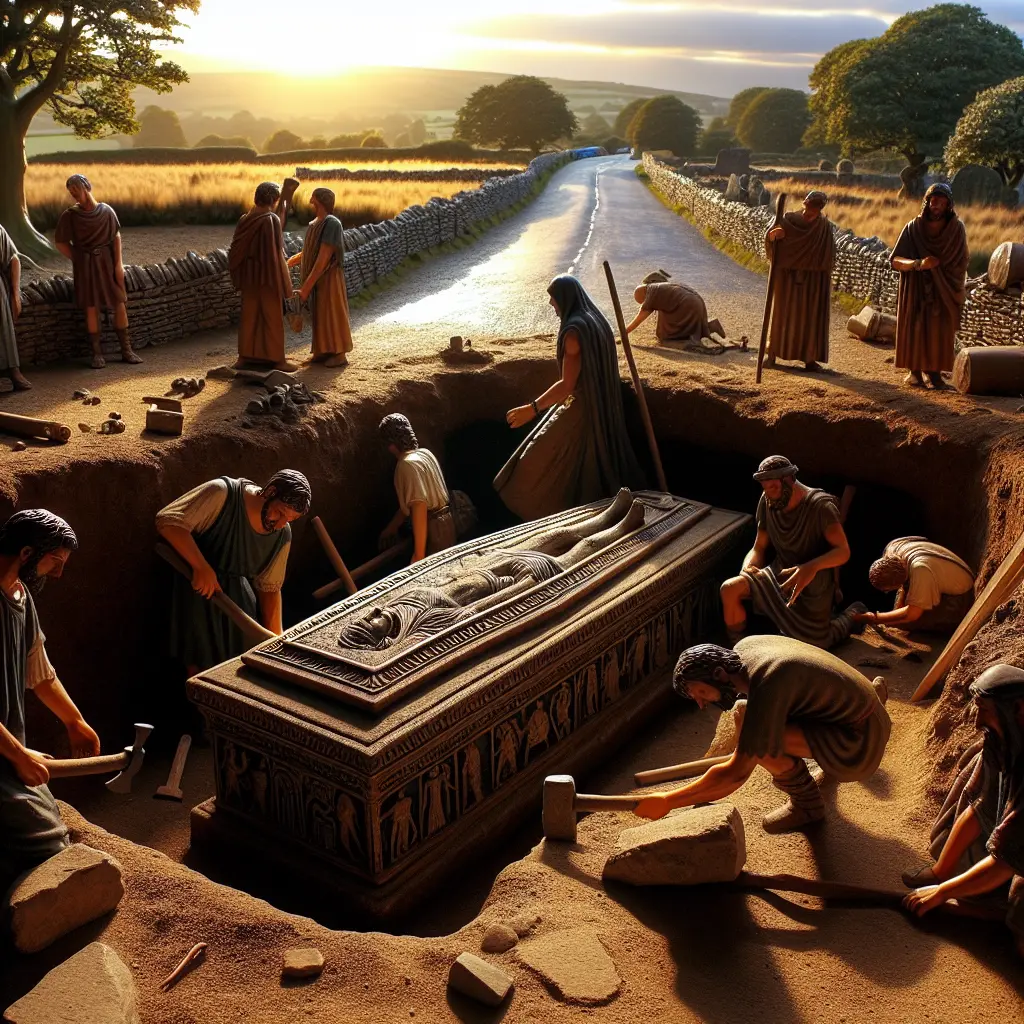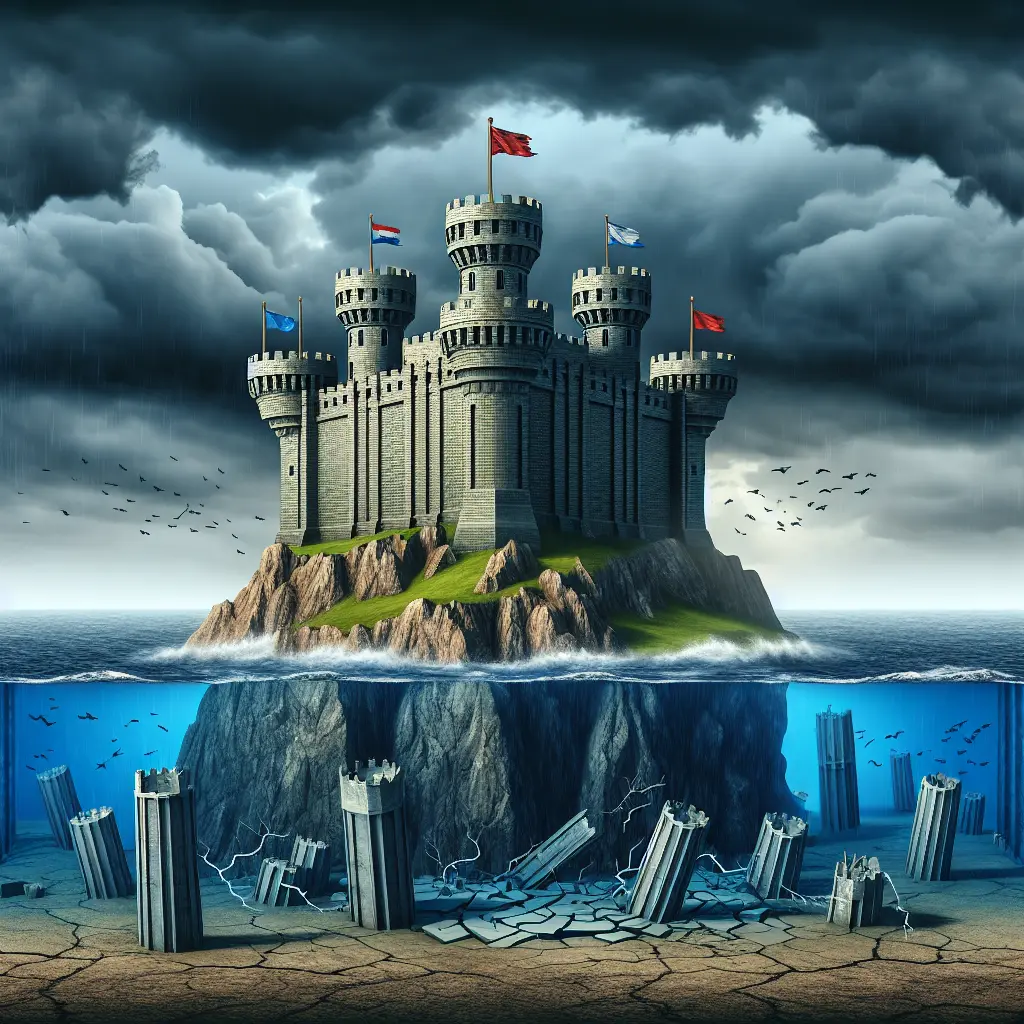In a revealing exploration of India's tumultuous journey to independence, Dhruv Rathee's YouTube video titled "How British Left India? | The History You Wouldn't Know!" delves deep into the intricate political and social dynamics that shaped the subcontinent's transition from British rule. Through expert narration, Rathee brings to light the pivotal events and influential figures that played crucial roles in this historic period.
Against the backdrop of a nation on the brink of transformation, Rathee meticulously examines the power struggles and negotiations that defined India's final year under colonial rule. He highlights the complex interplay between prominent leaders such as Gandhi, Nehru, and Jinnah, whose actions and decisions were instrumental in shaping the course of history. This era was marked by intense political maneuvering, communal tensions, and a significant realignment of power dynamics, all of which Rathee unpacks with clarity and depth.
Setting the stage in 1946, Rathee paints a vivid picture of a nation embroiled in a "political game of thrones." It was a time of immense uncertainty and anticipation, with the future of millions hanging in the balance. At the heart of this period were the profound efforts by Gandhi to prevent partition, even going so far as to propose Jinnah as Prime Minister to preserve India's unity. Yet, the deep-seated communal divide, exacerbated by Jinnah's insistence on a separate nation for Muslims, culminated in Direct Action Day and unleashed violence across Calcutta.
Rathee outlines four critical factors that compelled the British to reconsider their colonial hold on India. These include the impact of the Quit India Movement of 1942, the efforts of Subhash Chandra Bose’s Indian National Army, the Royal Navy mutiny, and Britain's weakened economic state post-World War II. These developments, coupled with Clement Attlee's Labour government election promise for Indian independence, pivoted discussions towards how to effectively transfer power to Indian hands.
The often-overlooked provincial elections of 1946 are highlighted as a significant turning point. The Muslim League's substantial victory in several provinces underscored the growing communal divide and strengthened Jinnah's demand for Pakistan. The catastrophic violence of Direct Action Day foreshadowed further communal riots, emphasizing the urgent need for a resolution to India's political strife.
Unraveling the Complexities of Partition
Drawing insights from the extensive research by authors Dominique Lapierre and Larry Collins in their book "Freedom at Midnight," Rathee provides a nuanced understanding of the events leading to India's independence. The book, adapted into a web series by Sony Liv, is recommended by Rathee for its comprehensive portrayal of India's struggle during its final year under British dominance. It offers viewers an immersive experience into the intricate realities faced by leaders and citizens alike.
Rathee’s analytical approach sheds light on how entrenched political ambitions and religious divisions deeply impacted India's trajectory. Gandhi's endeavors to maintain national unity underscore the complexities involved in peace negotiations amid escalating tensions. The acceptance of partition by leaders like Nehru and Patel reveals the difficult yet pragmatic decisions made in response to an increasingly volatile situation.
Rathee's exploration is not only a testament to historical documentation but also an invitation for reflection on contemporary global freedom struggles. It urges viewers to consider how historical contexts shape present-day realities and informs our understanding of ongoing socio-political challenges worldwide.
In closing his narrative, Rathee underscores the significance of revisiting pivotal historical moments to gain insights into current events. His video serves as an educational tool that broadens viewers' perspectives on India’s independence journey, highlighting its relevance to contemporary discussions on nationalism, identity, and governance.
Reflecting on History: Lessons for Today
Dhruv Rathee’s work is a powerful reminder of the importance of understanding historical contexts in shaping modern narratives. His insightful analysis encourages audiences to engage with history critically and consider its implications for today's socio-political landscape. By weaving together past events with present realities, Rathee contributes to a more informed and empathetic global community.
This exploration of India’s path to independence invites reflection on broader themes of justice, equality, and self-determination that resonate universally. It highlights the enduring relevance of historical struggles and triumphs in informing our understanding of contemporary freedom movements across the globe.
As Dhruv Rathee closes this chapter on India's independence struggle, he leaves viewers with a powerful message about learning from history to build a better future. His work is a call to action for continued engagement with history as a means of fostering understanding and progress.
In reflecting on these monumental events, Rathee invites us all to consider our role in shaping a more inclusive and equitable world.
For more insightful content like this, make sure to subscribe to Dhruv Rathee on YouTube.
Like and subscribe to Dhruv Rathee on YouTube here.









Leave a Comment